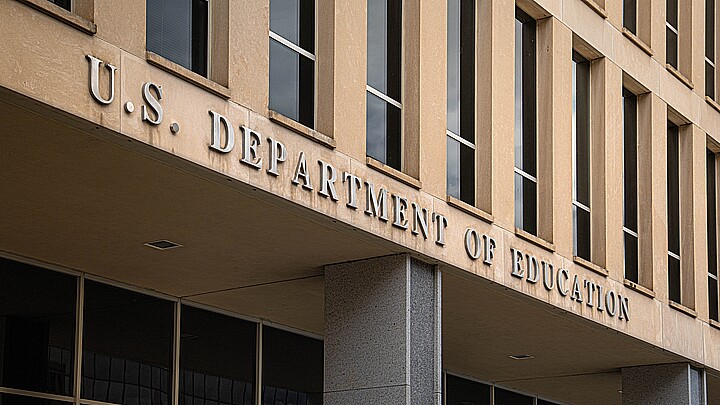Education
Colleges that dropped standardized testing struggling with 'chaotic' admissions, says report
The job of admitting students had become more subjective and time-consuming without SAT or ACT test scores, said one admissions officer.
October 20, 2022 12:50pm
Updated: October 20, 2022 5:47pm
College admissions offices are struggling to adapt after dropping standardized tests as a requirement in applications, resulting in processes that have become more subjective and time-consuming, according to new research.
A new research project from Vanderbilt University found via in-depth interviews at test-optional schools that the new policy has created “chaotic” and “stressful” processes for admissions officers due to a lack of clear guidance on how to select students without quantitative test scores, reports The Hechinger Report.
“One of our key findings were the tensions that were emerging around these test optional policies,” said Kelly Slay, an assistant professor at Vanderbilt and head of the study. “There’s a struggle on how to implement them.”
In one interview, a college admissions officer at a large public university described how dropping the test requirement has led to more disagreements in the office, with a third person often being called as a tiebreaker when two officers disagreed.
“I feel like everyone who reviews applications has their own perspective or opinion,” he added.
Test-optional admissions were gaining traction before the COVID-19 pandemic but accelerated by lockdowns that shut down schools and testing centers. Its advocates say that eliminating the SAT/ACT would reduce bias, like unequal access to test prep and wide disparities on race.
But recent studies have found that test-optional policies haven’t substantially raised the share of low-income students or students of color at colleges who have implemented it.
In 2021, a study published in the American Educational Research Journal found that test-optional admissions only increased the share of Black, Latino and Native American students by 1% at nearly 100 colleges that adopted the policy between the 2005-06 and 2015-16 academic years.
Slay presented her preliminary findings at a 2022 academic conference. The research is ongoing, but she told The Hechinger Report that she had interviewed 22 admissions officers from 16 colleges and universities, all four-year institutions but differing on other attributes: public vs. private, size and religious affiliation, if any.










